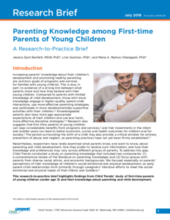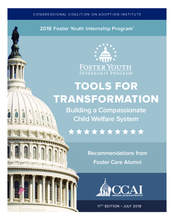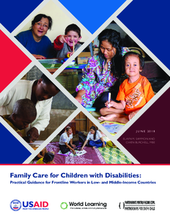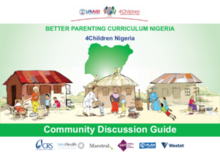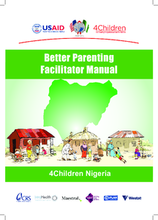Displaying 361 - 370 of 947
The objective of this study was to determine Families First Home Visiting Program (FFHV)’s effectiveness at improving outcomes for First Nations children and parents.
This study explores the impact of a participatory training programme for caregivers delivered through a local support group, with a focus on understanding caregiver wellbeing.
The study examines whether the form of maltreatment experienced by the child moderates the effects of a parent training program (PTP) on the probability that the child’s case will be closed.
This country care review includes the care related Concluding Observations adopted by the Committee on the Rights of the Child and the Committee on the Rights of Persons with Disabilities.
This research-to-practice brief highlights findings from Child Trends’ study of first-time parents of young children (under age 3) and their knowledge about parenting and child development.
This project, designed to explore parenting practices across various regions within Zambia, aims to further advance ongoing efforts to support early childhood development (ECD) by informing parenting programmes intended to promote optimal child development.
CCAI’s Foster Youth Internship Program® is a highly esteemed congressional internship for young adults who spent their formative years in the U.S. foster care system. In this annual policy report, the interns focus on subjects they are personally passionate about due to their experiences and understanding after living in foster care and make personal recommendations for improving the U.S. foster care system.
Family Care for Children with Disabilities: Practical Guidance for Frontline Workers in Low- and Middle-Income Countries was developed to help front-line personnel (social service workers and others) in low- and middle-income countries to work effectively with children with disabilities and their families.
The Better Parenting Nigeria Community Discussion Guide supplements the Better Parenting Nigeria Facilitator Manual to facilitate guided discussions and learning by parents to improve parenting knowledge, attitudes and skills.
Better Parenting Nigeria is a parenting education curriculum whose goal is to build caregiver protective factors so that parents can provide better support to children.



